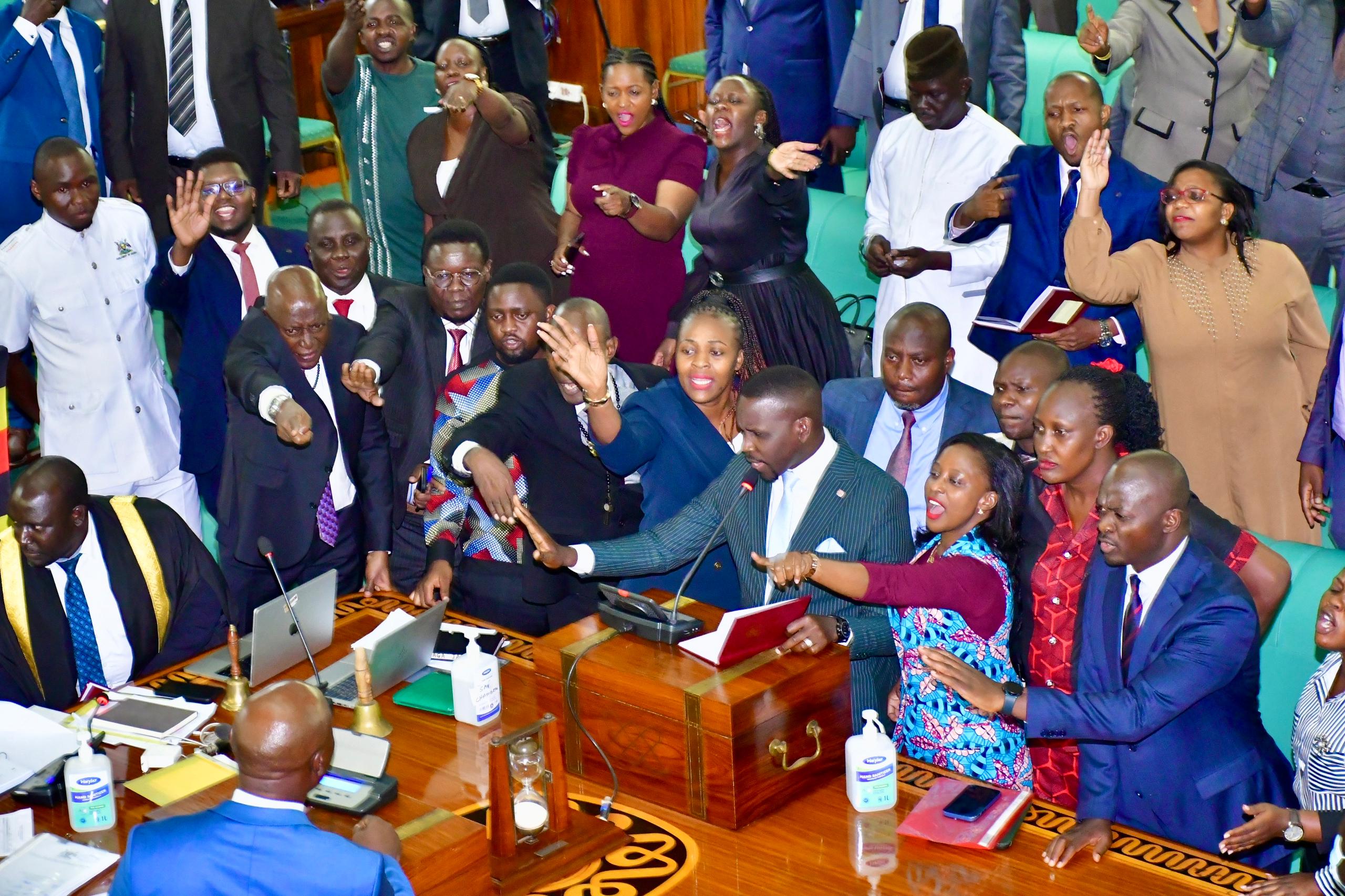Prime
Why UCDA needs a strategic overhaul

Mr Michael Buteera Mugisha
What you need to know:
- UCDA can’t remain in its current form; its design, and bureaucratic capacity must be reconsidered.
The public sector rationalisation programme was, until recently, a quiet affair, discussed mostly by insiders likely to feel its effects.
That was, until it targeted the Uganda Coffee Development Authority (UCDA). This move sparked public debate, with some MPs voting to stall the Bill, leading to an adjournment of Parliament.
Commentators like Charles Onyango Obbo have since weighed in. In his Daily Monitor piece on October 29, he traced the historical push-and-pull between coffee-growing regions seeking economic independence and political regimes aiming to bring them under state control, often using a mix of gentle and forceful approaches.
Respected economist professor Ezra Suruma brought a pragmatic view, recommending that rather than dismantling UCDA, the government should strengthen it. Yet these discussions have largely overlooked a frank look at UCDA’s performance or concrete ways to improve it. UCDA was initially established as a successor to the Uganda Coffee Marketing Board (UCMB), dissolved under the 1995 Coffee Liberalisation Law, with a mandate to regulate Uganda’s coffee sector, issue licences, promote quality, and oversee sector development. To ensure financial stability, a modest tax on coffee production was implemented—a measure, as Prof Suruma highlights was critical for UCDA’s budget sustainability.
Contrary to overall sanguine view one reads, I emphasise that despite these measures, UCDA has struggled to fulfil its mandate. Its regulatory performance, especially in quality control, has fallen short, frustrating both exporters and importers. UCDA’s approach to regulation has often focused on punitive measures rather than partnerships, penalising traders and exporters who buy wet coffee to deter poor practices.
This top-down enforcement places the onus on traders, who in turn are expected to penalise farmers for actions that may compromise coffee quality. But without the cooperatives that once helped coordinate production standards, traders and exporters lack effective structures to enforce these standards. Moreover, in Uganda’s competitive coffee market, imposing such rules risks putting compliant traders at a disadvantage, as other buyers quickly seize available coffee.
Quality issues worsen during times of global market volatility, when price spikes prompt farmers to harvest prematurely, aiming to cash in before prices fall. Quality improvement, however, relies on more than just timely harvest; it requires using fertilisers and good agronomic practices, such as desuckering, rejuvenating old trees, and managing the growing threat of pests and diseases.
The end of cooperatives has made accessing fertilisers and essential extension services difficult. Unlike farmers in neighbouring countries, Uganda’s coffee farmers mostly operate in isolation, raising the cost of delivering the support they need to boost productivity. While challenges go beyond UCDA’s control, the agency has not made strides in addressing them. Meanwhile, government’s interest in UCDA appears more tied to its revenue from coffee tax receipts than to its role in strengthening the sector.
If UCDA is to be strengthened, we must shift the conversation beyond mere rationalisation or preservation. We need to ask how UCDA’s design (or re-design for that matter) can address the fundamental challenges facing coffee farmers while maximising the economic potential of Uganda’s coffee sector. This is not a call to dismantle UCDA; I agree with Prof Suruma and others advocating for its continuation. However, my view is that UCDA cannot remain in its current form. Its structure, design, and bureaucratic capacity must be reconsidered considering today’s unique challenges to establish a more strategic, impactful role.
This discussion must also include a focus on how to better organise and support coffee farmers to elevate Uganda’s coffee sector and tap into new opportunities in the global coffee market, like emerging markets. A revamped UCDA should be self-sustaining, financially robust, and, above all, responsive to changing challenges and opportunities in Uganda’s coffee landscape.
Michael Mugisha is Ph.D Candidate at the London School of Economics and Political Science and a Lecturer at Makerere University.




